Optimal Timing for Asphalt Sealings
Understanding the optimal timing for asphalt sealings is essential for maximizing durability and performance. Proper scheduling ensures the asphalt surface is protected against weather-related damage, extending its lifespan and maintaining its appearance. The right timing depends on climate conditions, asphalt condition, and seasonal temperature variations.
Sealings are most effective when applied during mild temperatures, avoiding extreme heat or cold. Ideal conditions typically occur in late spring and early fall.
The best temperature range for sealings is generally between 50°F and 85°F. Applying outside this range can affect adhesion and curing.
Dry weather is necessary for proper curing. Avoid sealings during rain or high humidity to prevent compromised results.
Ensure the asphalt surface is clean and dry before application for optimal adhesion and longevity.
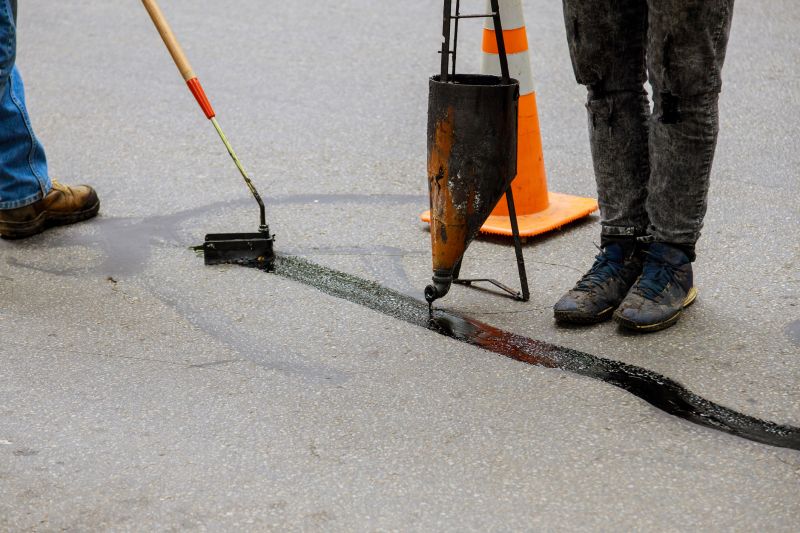
Spring offers ideal conditions with moderate temperatures and low humidity, making it suitable for asphalt sealings.
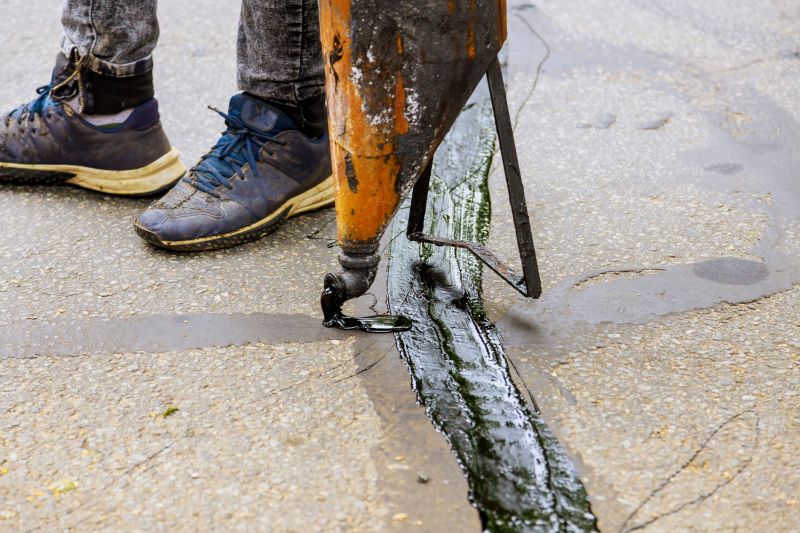
Fall provides cooler temperatures and dry conditions, ideal for sealing projects before winter.
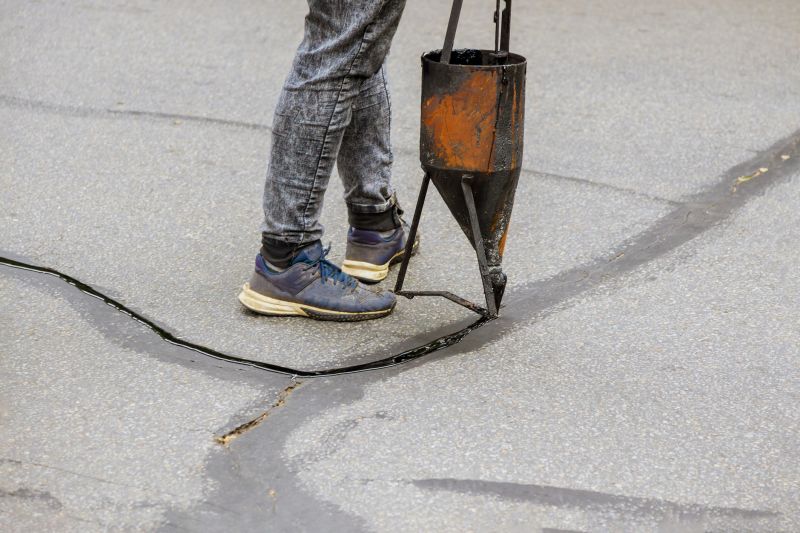
High summer temperatures can cause sealants to cure too quickly, leading to improper adhesion.
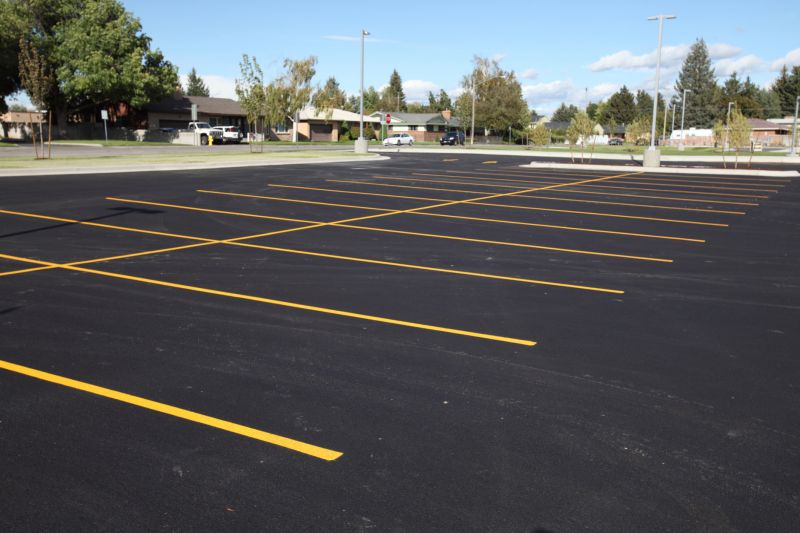
Ways to make Asphalt Sealings work in tight or awkward layouts.
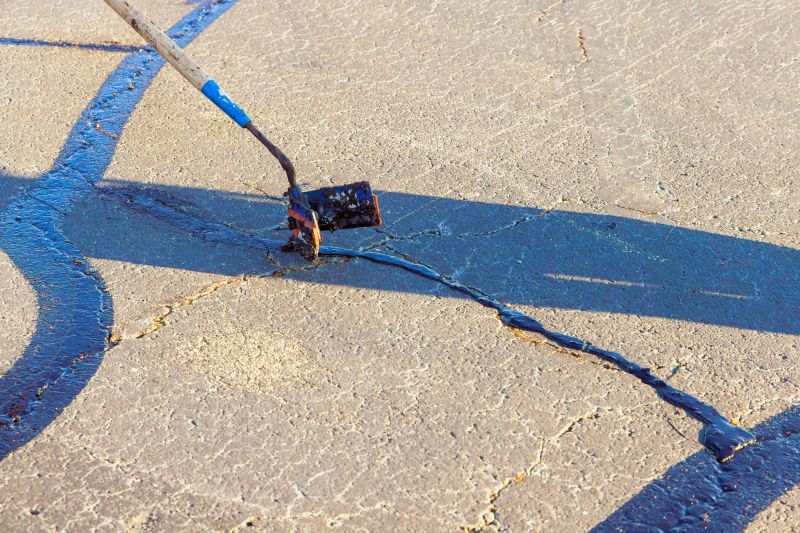
Popular materials for Asphalt Sealings and why they hold up over time.

Simple add-ons that improve Asphalt Sealings without blowing the budget.
| Season | Ideal Conditions |
|---|---|
| Spring | Moderate temperatures, low humidity, dry weather |
| Summer | Too hot for proper application, risk of quick curing |
| Fall | Cooler temperatures, dry conditions, ideal for sealing |
| Winter | Cold temperatures and moisture make sealing ineffective |
Asphalt sealings serve as a protective barrier against water, UV rays, and chemicals, helping to prevent cracks, potholes, and surface deterioration. Regular sealing can significantly extend the lifespan of asphalt surfaces, reducing long-term repair costs. Proper timing and application are crucial for achieving the best results, especially in climates with distinct seasonal changes.

A freshly applied asphalt sealing layer provides a smooth, protective coating.

Workers applying sealant during optimal weather conditions ensure durability.

Properly sealed asphalt surface after curing process.
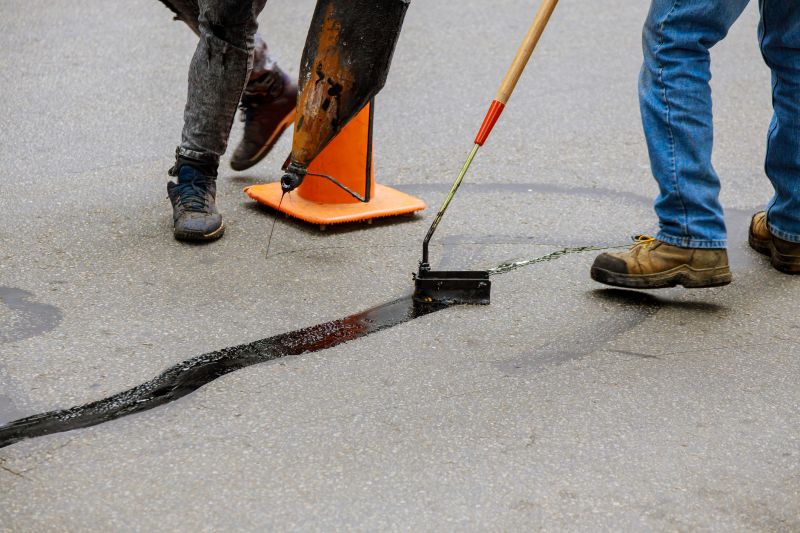
Regular inspections help determine when resealing is necessary.
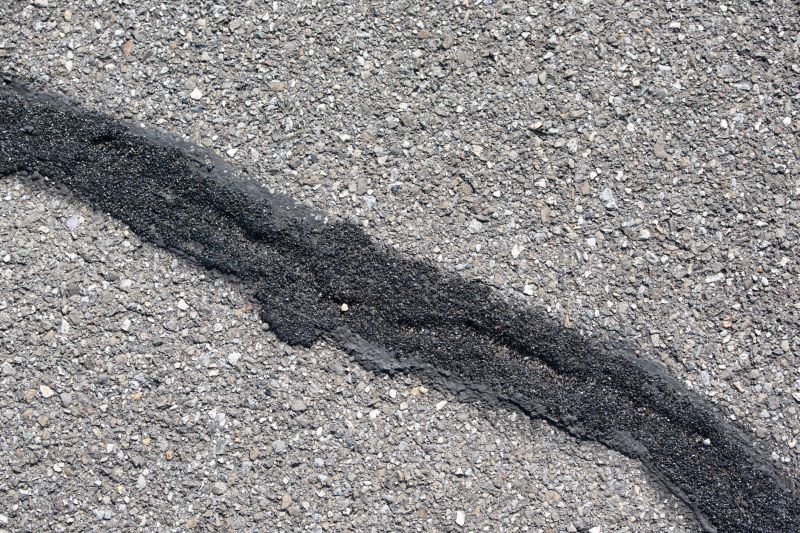
High-end options that actually feel worth it for Asphalt Sealings.
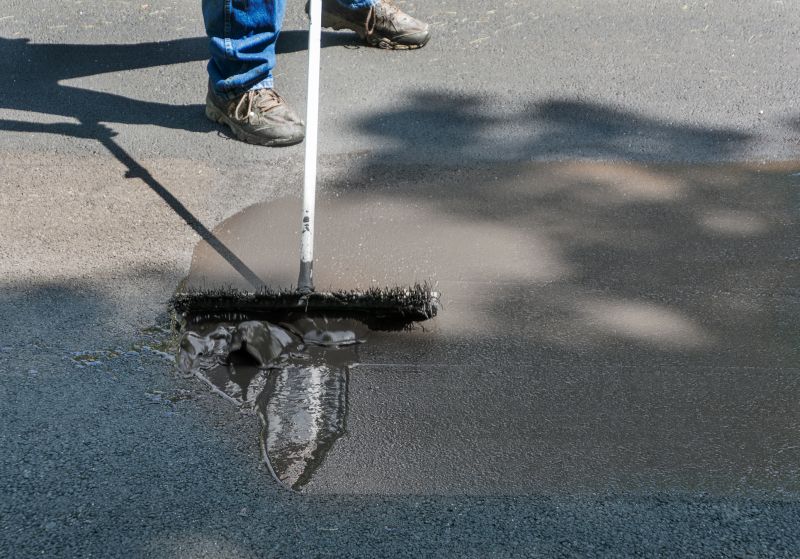
Finishes and colors that play nicely with Asphalt Sealings.
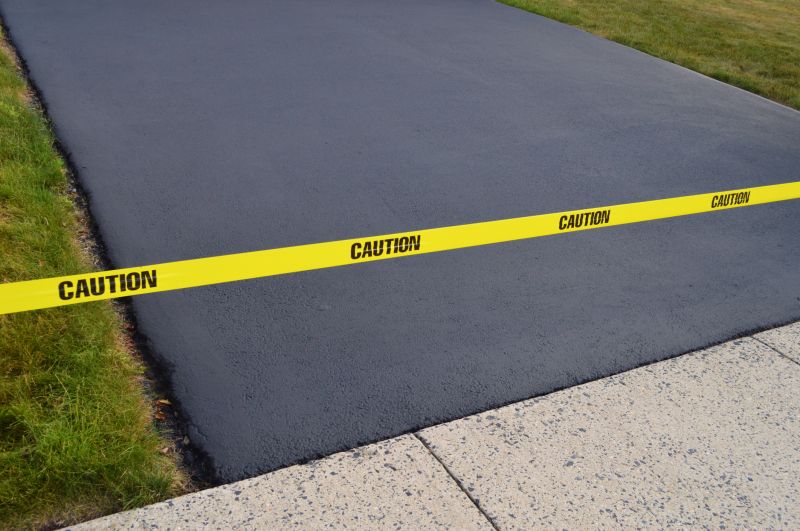
Little measurements that prevent headaches on Asphalt Sealings day.
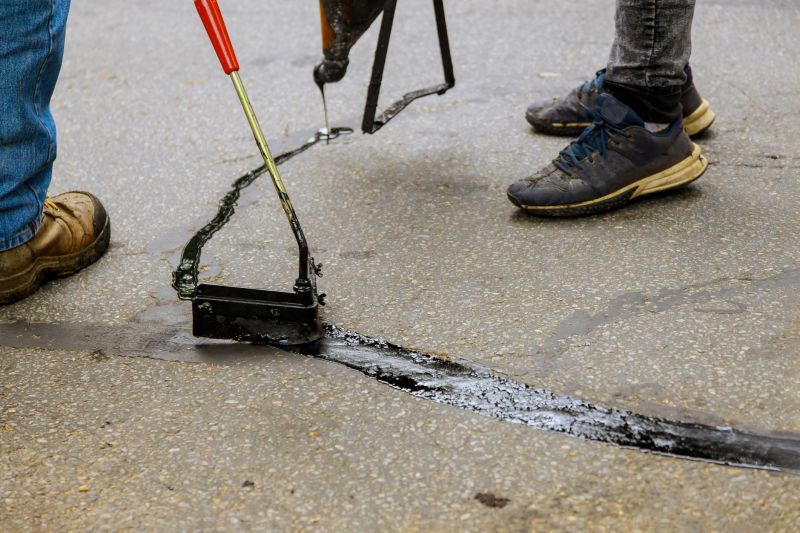
A 60-second routine that keeps Asphalt Sealings looking new.
For property owners in Panama City, FL, scheduling asphalt sealings during the late spring or early fall ensures the best results. Proper timing, combined with adequate surface preparation and weather considerations, can optimize the longevity and appearance of asphalt pavements. Interested parties are encouraged to contact for further guidance and service scheduling.

